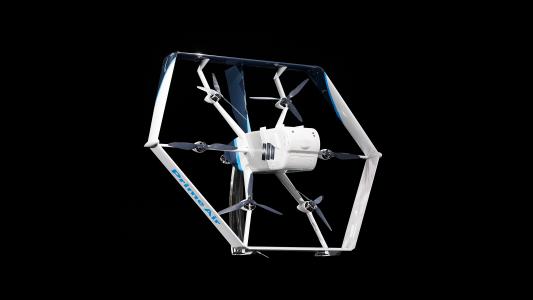The placenta plays an essential role in a pregnancy. As a fetus forms in the uterus, so does the organ, which then delivers blood, oxygen, and other vital substances to the baby via the umbilical cord.
Once a baby is born, the placenta’s job is done, and it’s usually disposed of as medical waste. Sometimes, though, a specialist will conduct a placenta exam, analyzing the organ for anything that might indicate health problems with the new baby or future pregnancies.
In the U.S., this analysis only happens after about 20% of births — it’s time-consuming, expensive, and requires an expert eye — but a new AI algorithm could potentially make the benefits of a placenta exam available to more women by automating some of the process.
Automating a Placenta Exam
One of the things a doctor looks for during a placenta exam is a certain type of blood vessel damage called decidual vasculopathy (DV).
If the doctor spots even a single diseased blood vessel, it could be a sign that a new mom is at risk of developing a potentially deadly complication called preeclampsia during a future pregnancy.
This complication affects 2% to 8% of pregnancies, and being aware of a woman’s preeclampsia risk before she becomes pregnant could help doctors get ahead of the problem.
Now researchers from Carnegie Mellon University (CMU) and the University of Pittsburgh Medical Center have developed an algorithm capable of spotting signs of DV in images of placenta tissue.
Each of these images, which can be generated using commercially available scanners, depicts a thin slice of a placenta with hundreds of blood vessels. The researchers started by training their algorithm to identify each vessel in an image.
They then taught it to decide whether each individual vessel is healthy or damaged, taking into account factors about the pregnancy (the mother’s health, the baby’s birth weight, etc.) before making its decision.
If the algorithm decides that even one blood vessel is damaged, it flags the image, letting a doctor know it deserves a closer look.
During testing, the algorithm correctly identified damaged vessels 94% of the time and healthy vessels 96% of the time, according to the researchers’ paper, published in the American Journal of Pathology.
Beyond Preeclampsia Risk
The CMU team’s algorithm isn’t the first designed to partially automate a placenta exam.
In 2019, researchers from Pennsylvania State University (PSU) unveiled one that generates a report on the health of a new mother and her baby based on just a photo of the placenta, which can be taken via a smartphone.
That algorithm can’t identify the organ’s individual blood vessels, but it can look at things like where the umbilical enters the placenta to check for any abnormalities.
As both the PSU and CMU teams have stressed, these algorithms aren’t designed to replace pathologists — they’re just new tools that could enable the specialists to help more patients.
“Ultimately, the approach will allow many more placentas to be screened in a more standardized manner, providing feedback about which cases would benefit most from more in-depth pathologic inspection,” the CMU team wrote in their paper.
We’d love to hear from you! If you have a comment about this article or if you have a tip for a future Freethink story, please email us at tips@freethink.com.
